|
The Signal boost pedal isn’t one of the more exciting pedals at first look. I doesn’t have the excitement of swirling modulation of bone crushing distortion but it can be a very important part of your sound. Here are a couple of great uses for the clean boost. Driving your signal A great way to use a boost is to hit the front end of your amp harder. This can drive your amp into a slightly “hairy” breakup that really can make your guitar stand out. If you are using long cables or using a lot of pedals you can lose high end and by putting a clean boost pedal first in line will get your signal back where it needs to be. Having a tone control on the boost pedal can also help you preserve the high end you may lose by using a lot of pedals. Boosting for solos Another use for a clean boost is to just get louder. Sometimes we just need a little extra to get your solos out there. When using the boost for this purpose you would want to put it after your overdrive and distortion pedals this will turn up the volume without adding gain to your distortion. If you put them before the distortion pedals you will just be adding gain to the distortion or overdrive and that will just make the signal dirtier as opposed to adding volume. You can also achieve this by putting the signal booster in your effects loop if you amp has one. A pedal with a tone control can be very important as well, you can adjust the tone to make your lead sounds stand out from your rhythm tones.
2 Comments
If time is not an issue then the answer to this question is simple, as often as possible and as long as possible. However if you have a particularly busy schedule you may be wondering what is the least amount of time you can practice your instrument and still get results. 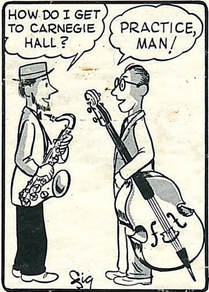 I promise you will get a lot of different opinions on this subject depending on who you ask but I think most professionals would agree that frequency is the key here. For example, 15 minutes every day would be better than 2 hours twice a week. If you are a new player you are still developing dexterity in your hands which you need to fret and pick. Daily practice will make a big difference. In a perfect would 30 minutes per day should get you some amazing results. Try to pick the same time each day so it becomes a routine. I practice every morning before I go to the gym, no one is awake then and I don’t get any disruptions. Another benefit to practicing early in the day for me is that my mind is rested and fresh so I learn better in the morning. In the end, you have to work with the time you have, so be as consistent as possible, and practice as long as possible even if that means only a few minutes per day.
“I think having the sweep able mid is the key ingredient to this sound” In Metal types of sounds I think of a lot of Bass and swept Mids. Now that can be tricky because too much bass can give you a flubby, mushy sound. Again, like the gain I would start low and bring it up until it sounds good to you. For that Metal sound I think of a Thump and Sizzle sound which means a lot of bass and treble. I would get the Treble level set so that it is even in sound to the Bass. Now come the mids come in and this is where it gets fun! The guitar really lives in this range. To get that thump and sizzle we need to pull the mids out. Next you can use the mid frequency control to find that perfect sound, use your ears on this one. I think having the sweep able mid is the key ingredient to this sound. After finding that frequency then I would slowly bring the mid frequency up enough so that your guitar can still cut through.
There is a lot of way to get a good “Metal” sound but for me using a high gain pedal with a 3 band EQ with a sweepable mid control is the best and easiest way to get there. There are several factors that will determine the longevity of your instruments strings. The first of course is the Quality of the string. Always go with a trusted name brand that you recognize or that you have researched. This is as easy as reading reviews on the brand Also make sure to buy your strings from a trusted source. Name brand strings that have sit in a musky warehouse for 10 years might not last as long as a set of off brand strings that are new.
The second factor is frequency of use. If you play every day, don’t expect your strings to last as long as someone who plays infrequently. Your body chemistry can be a determining factor as well. If you sweat a lot when you play or if your body’s PH is particularly acidic, this will shorten string life as well. Other factors will be the climate in which your instrument is subjected, is it particularly humid where you live, is your instrument kept in its case when not in use? These are all factors to consider. Here are some simple tips to increase string life.
One thing that many musicians and have in common is playing at high volume levels. As I talk to musicians that have been playing for a long time the one question that often comes up is do your ears ring all the time?
I spent my late teens and all of my 20s playing 5-6 nights a week in pretty loud bands. You know…the snare drum cracking, cymbals crashing and let’s not forget those guitar amps! Tinnitus, the ringing in your ears, is something that a lot of musicians deal with and it is incurable. I’m no doctor so if you have it you should defiantly see one to see what can be done. I can just tell my story. Off and on over the years I would come home from a gig with that ringing in my ears and it would usually go away the next day. As I got older I realized that I really should do something and started wearing earplugs. Well that didn’t last long because I felt I wasn’t hearing everything I needed to do my job as a musician. Then a few years ago I started having the ringing in my ears at random times, time to get more serious! I was a little late and it wasn’t long before the ringing became a constant thing. I am lucky and it is very minor but it is still there. There are a lot of earplugs out on the market that do a great job and lowering the volume level and letting most frequencies through. If you are exposing yourself to high volume levels you should go to a hearing specialist, they will be able to help you with preventive measures to help preserve your hearing. Remember you only have one set of ears! There can be a big controversy about using a music stand while performing on stage, I don’t really want to get into that but rather what advantages there are to memorizing pieces of music.
I would say memorizing will improve your skill level. The only way to memorize a piece of music is through repetition and the more you play a piece of music the better you will get at it. This will also help to build your technique. Having your music memorized will also help with your confidence. If you are relying on a piece of music in front of you it’s easy to get lost due to nerves or distractions while you are playing. Distractions can range from a loud audience member to an equipment malfunction and everything in between. I can’t tell you how many times an audience member has come up to me during a song to request another song. If I am not completely confident in the piece I could get lost very easily. Another advantage is you have everything memorized you can interact with your audience better and have eye contact. There is an old saying. How do you eat an Elephant? One bite at a time! This applies to memorizing music. I memorize by taking a small portion and play it while reading a few times then I turn the music over and try it I do this until I can complete that passage with no Problem. Then I work on the next package and put them together. Before you know you have the piece committed to memory and you will be much more confidant in that piece of music. |
Modtone Effects
|
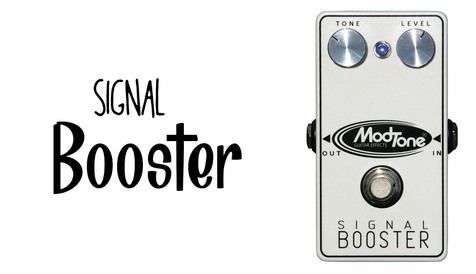
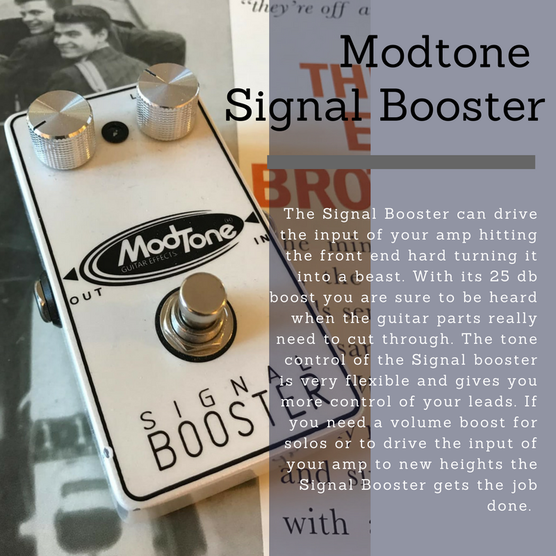
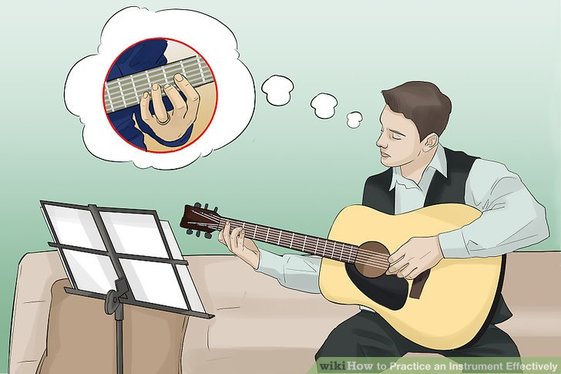
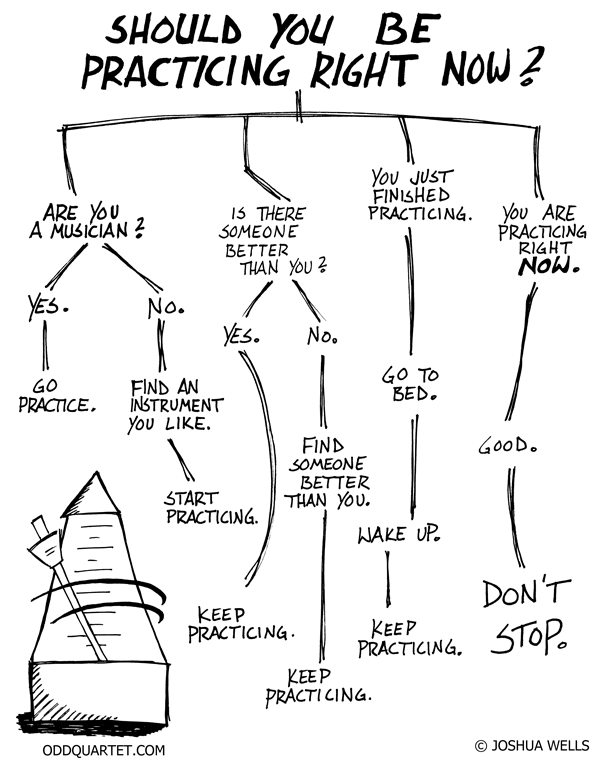

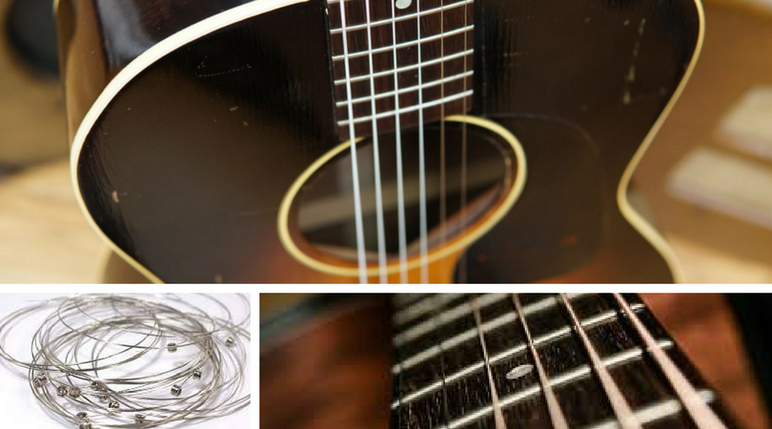
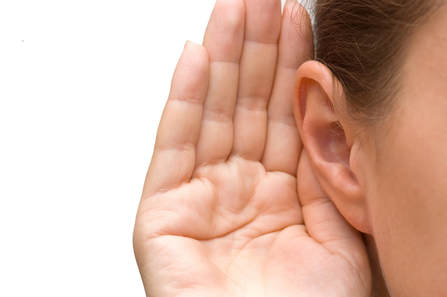
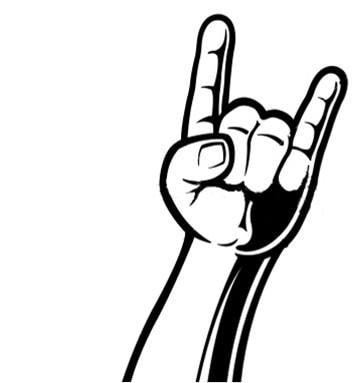

 RSS Feed
RSS Feed